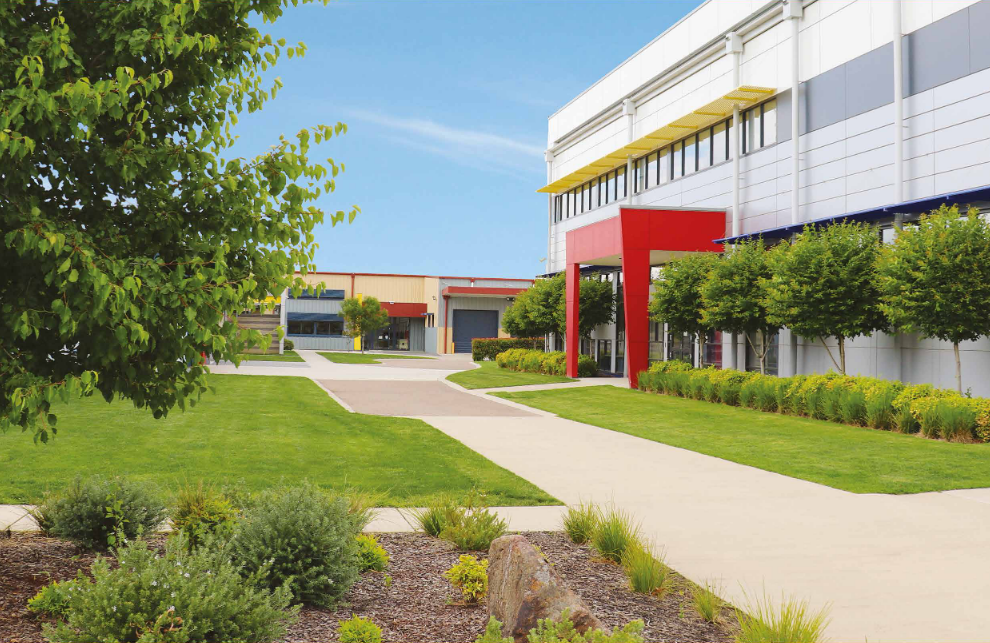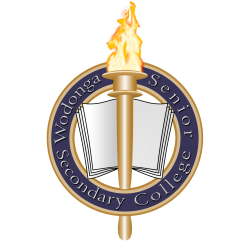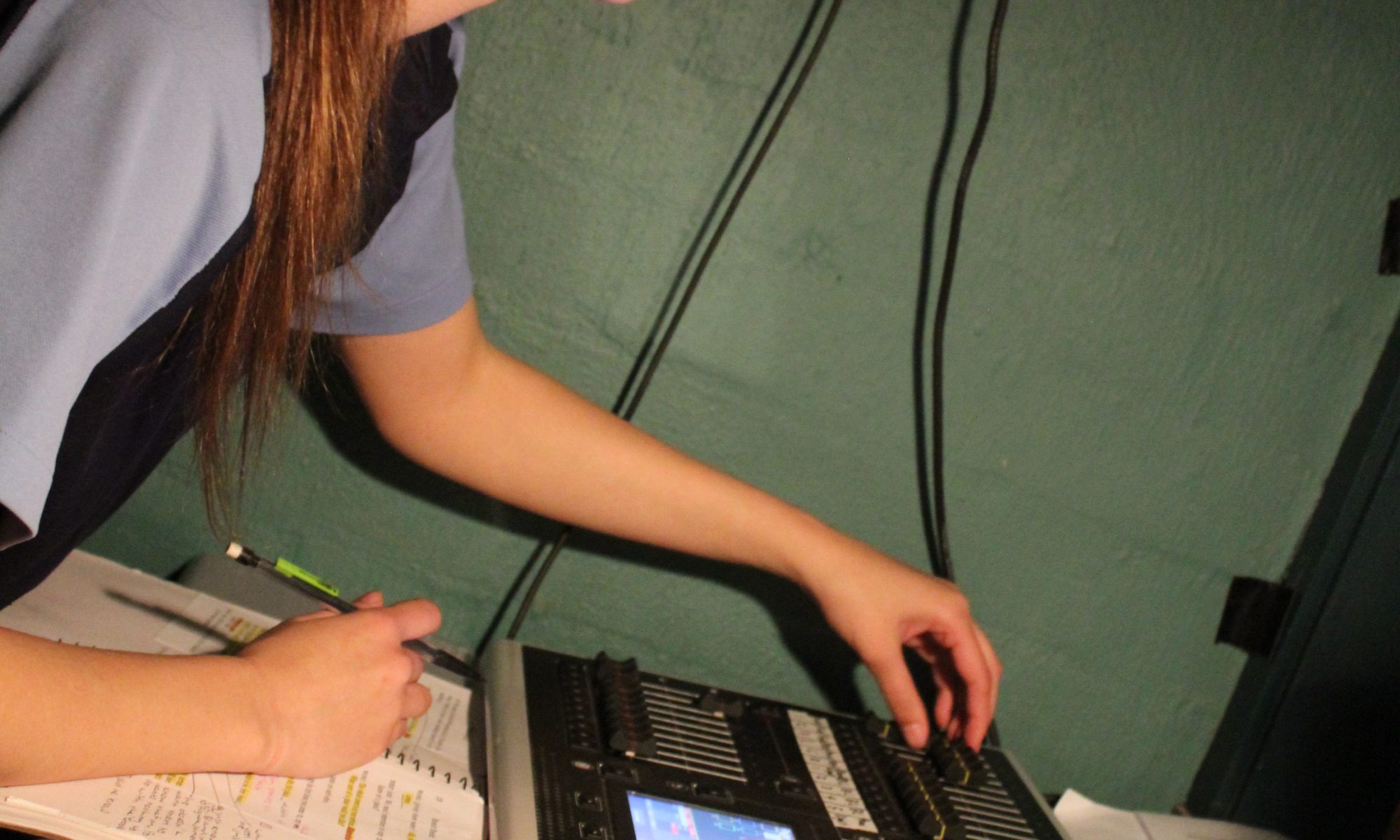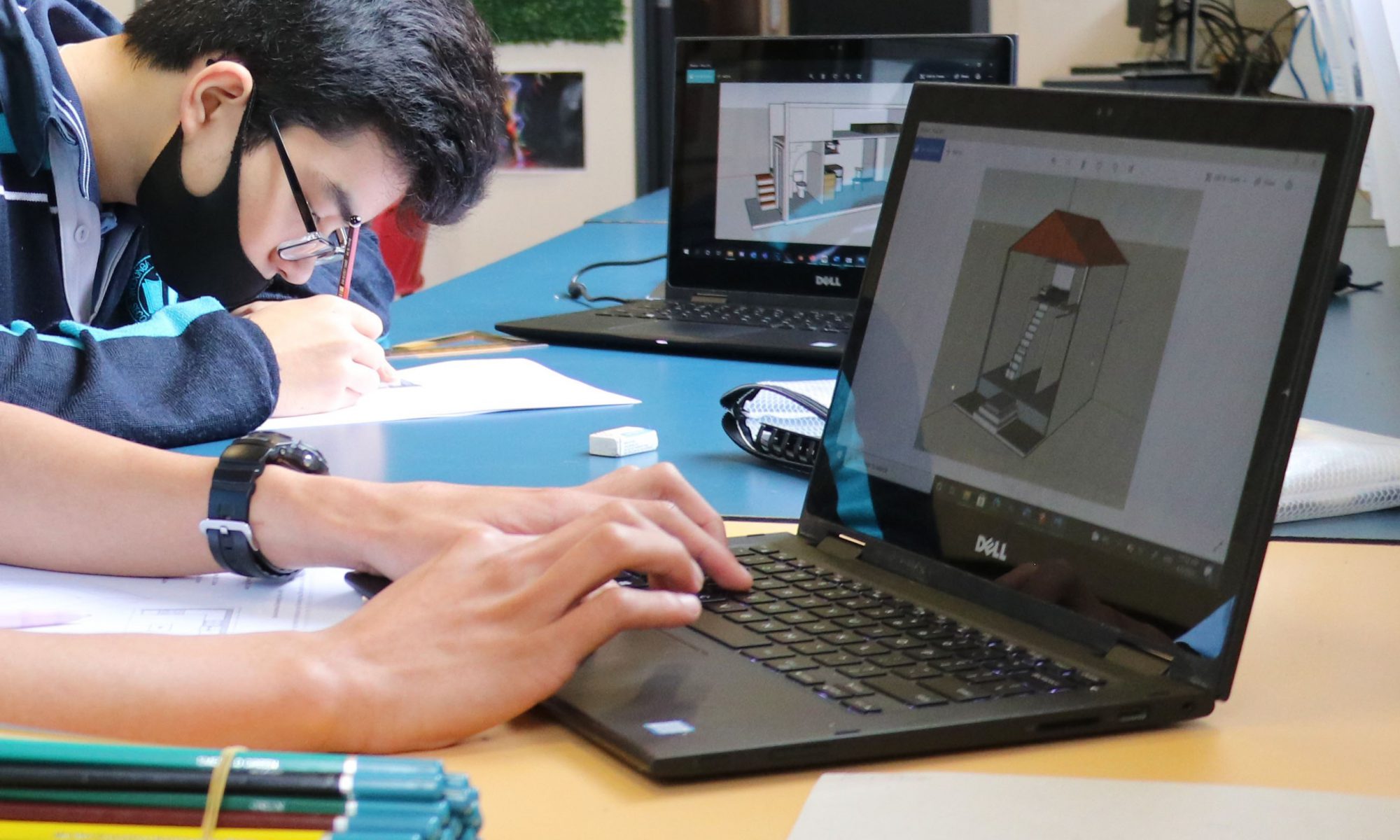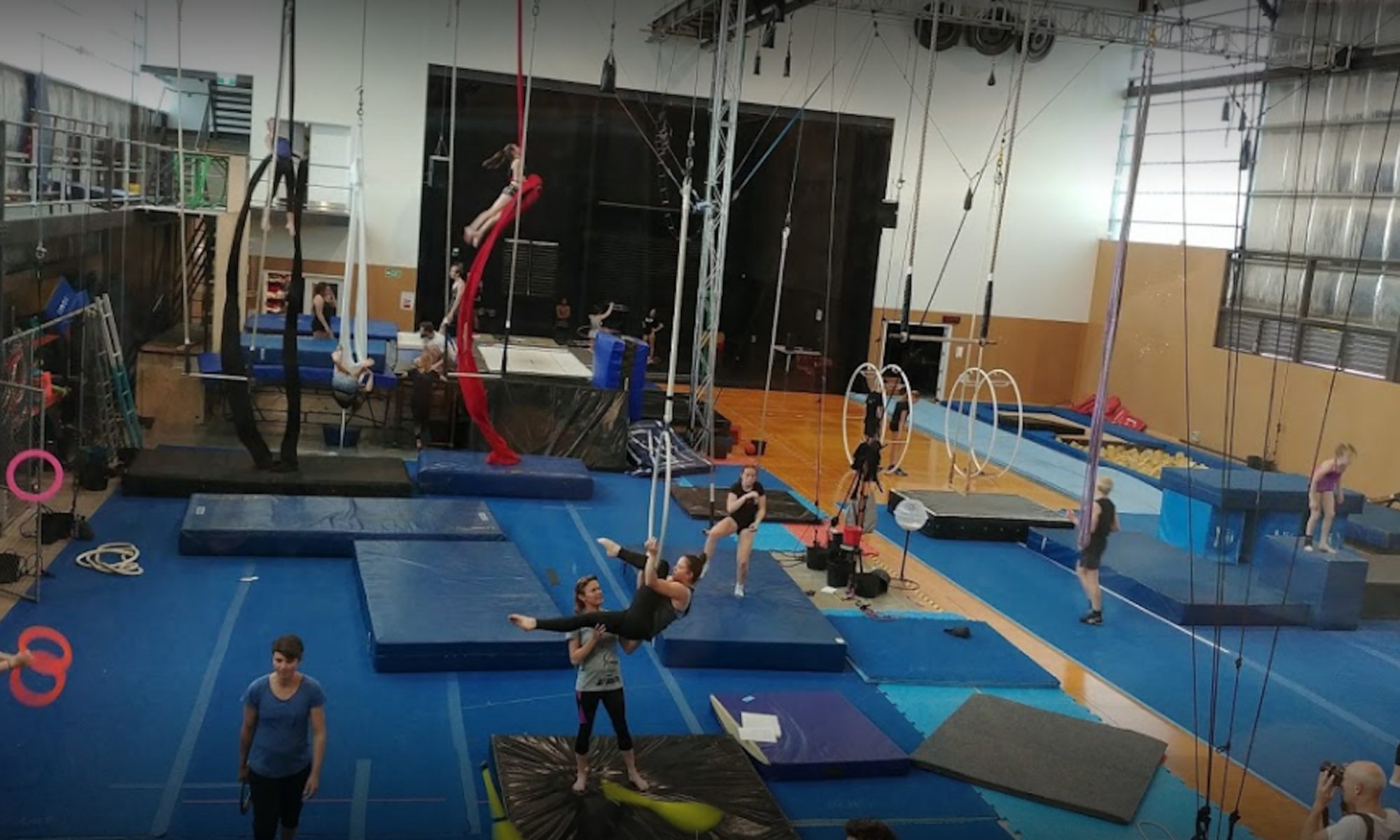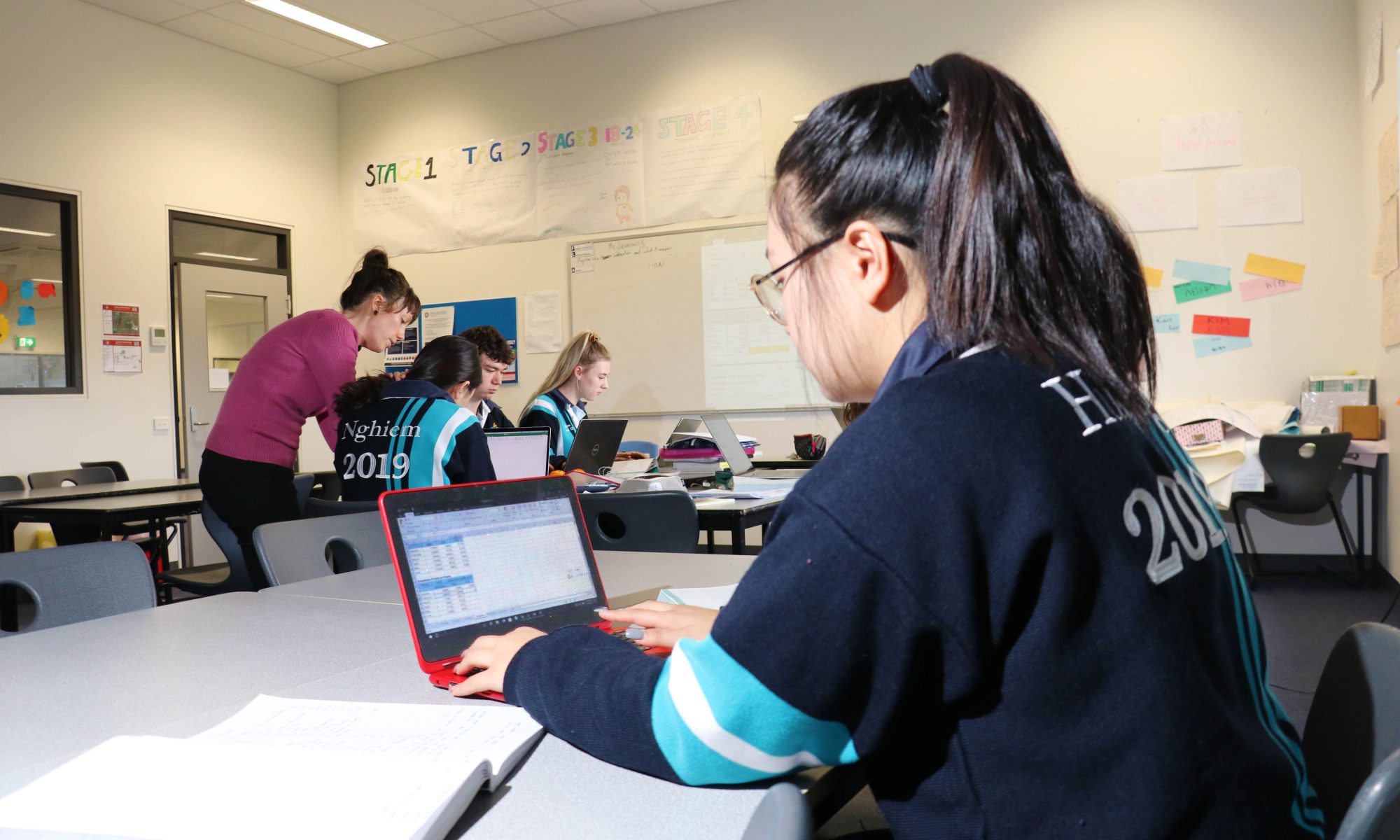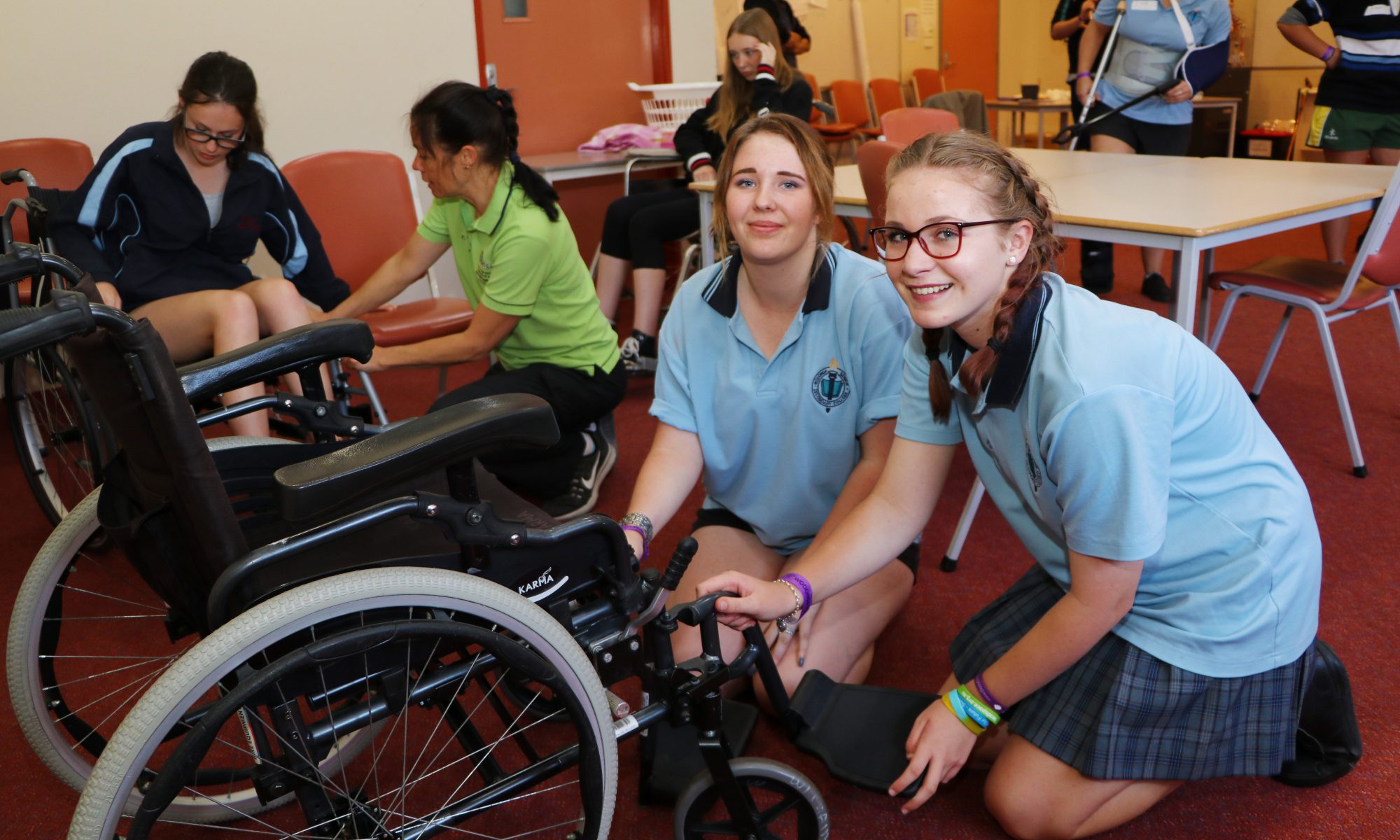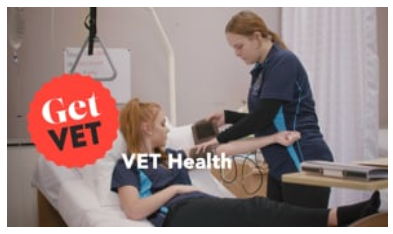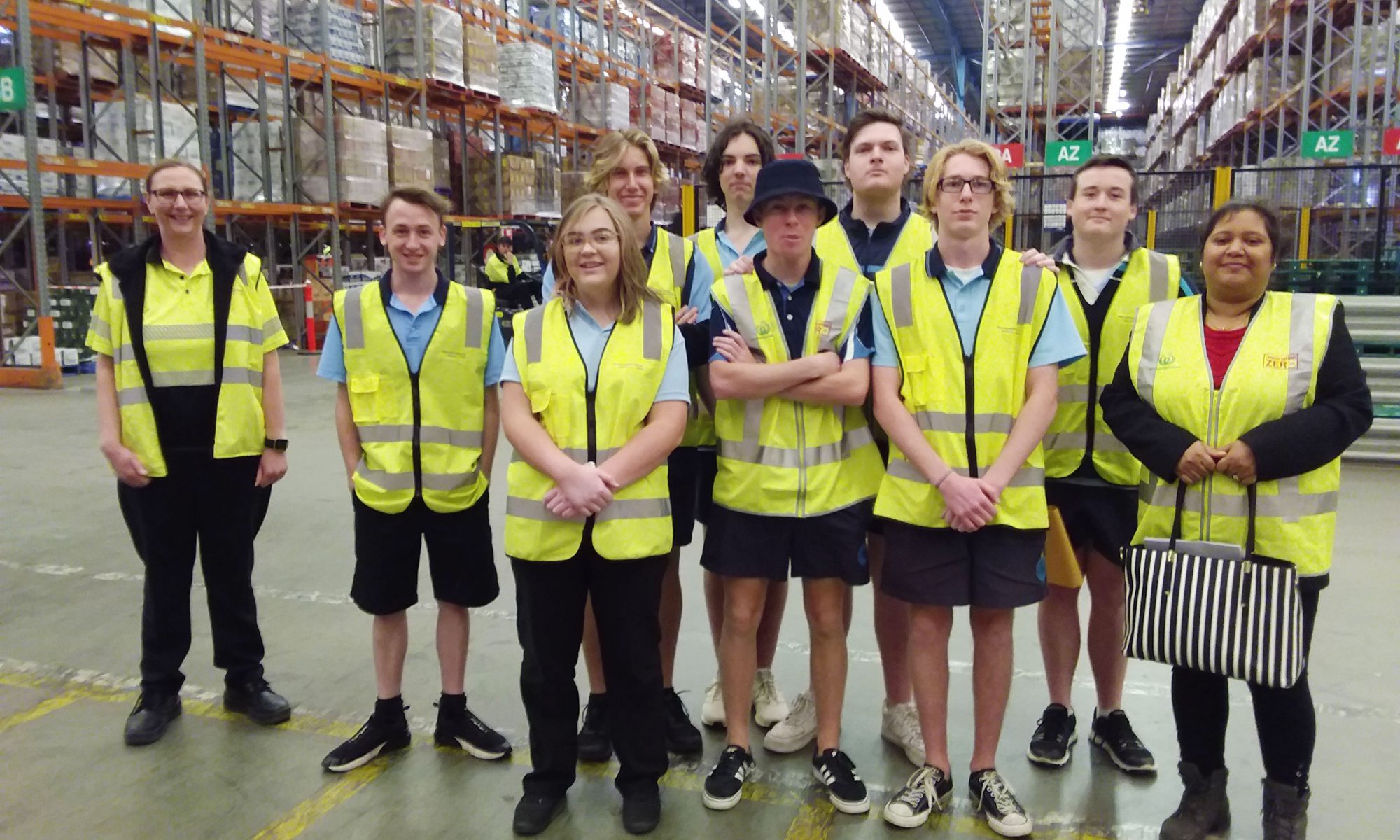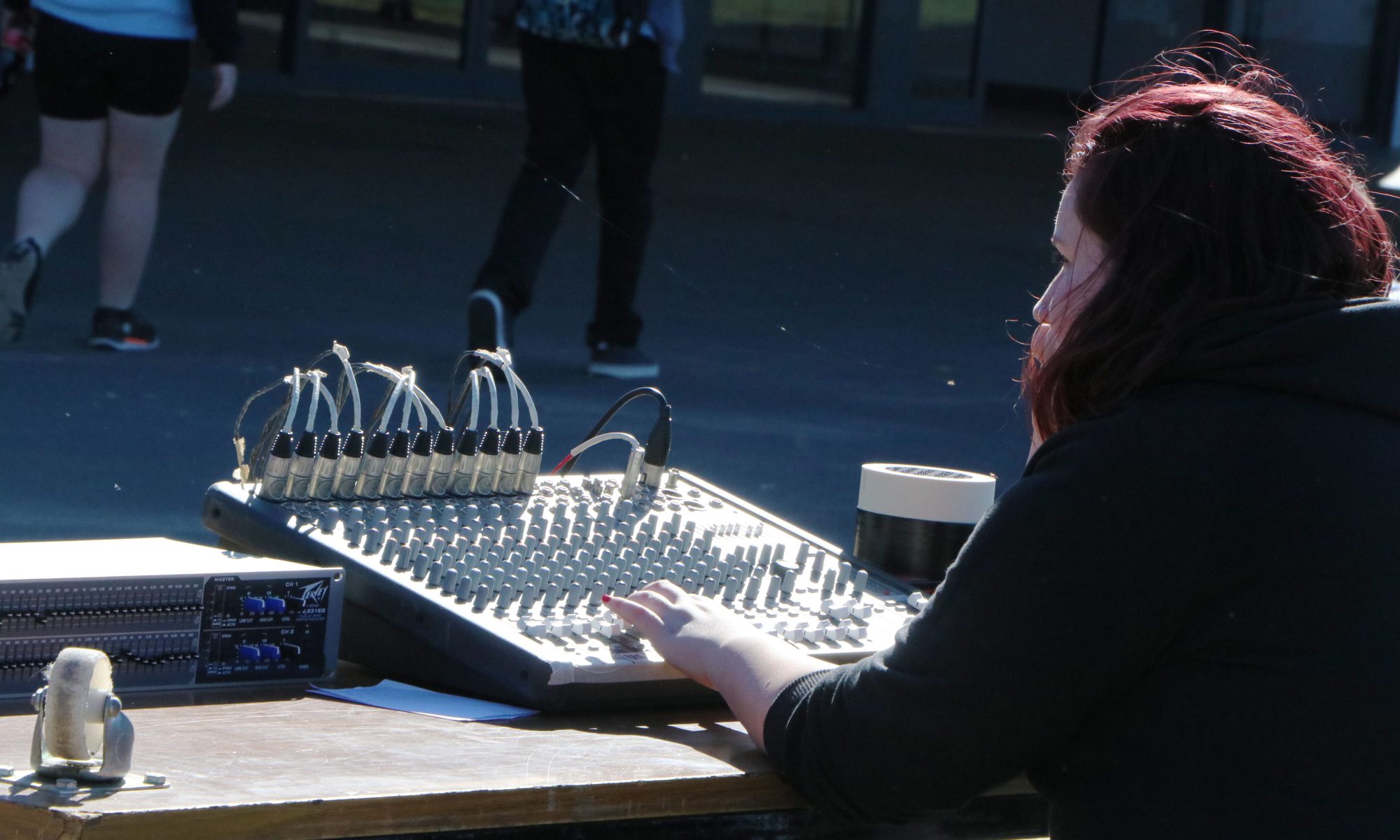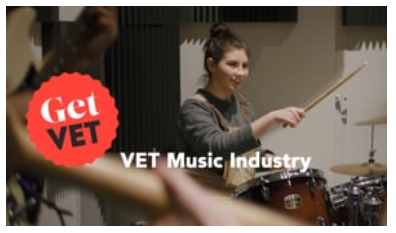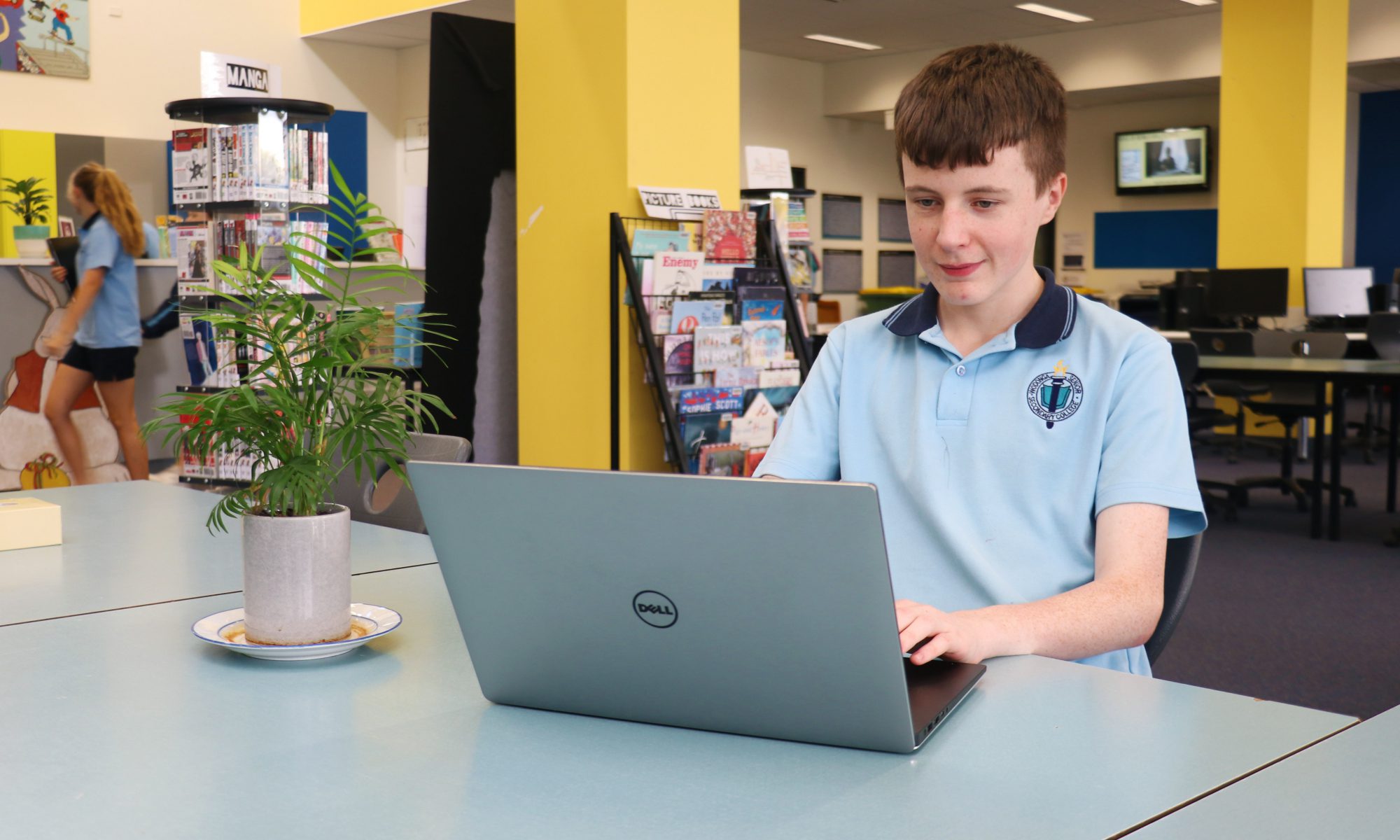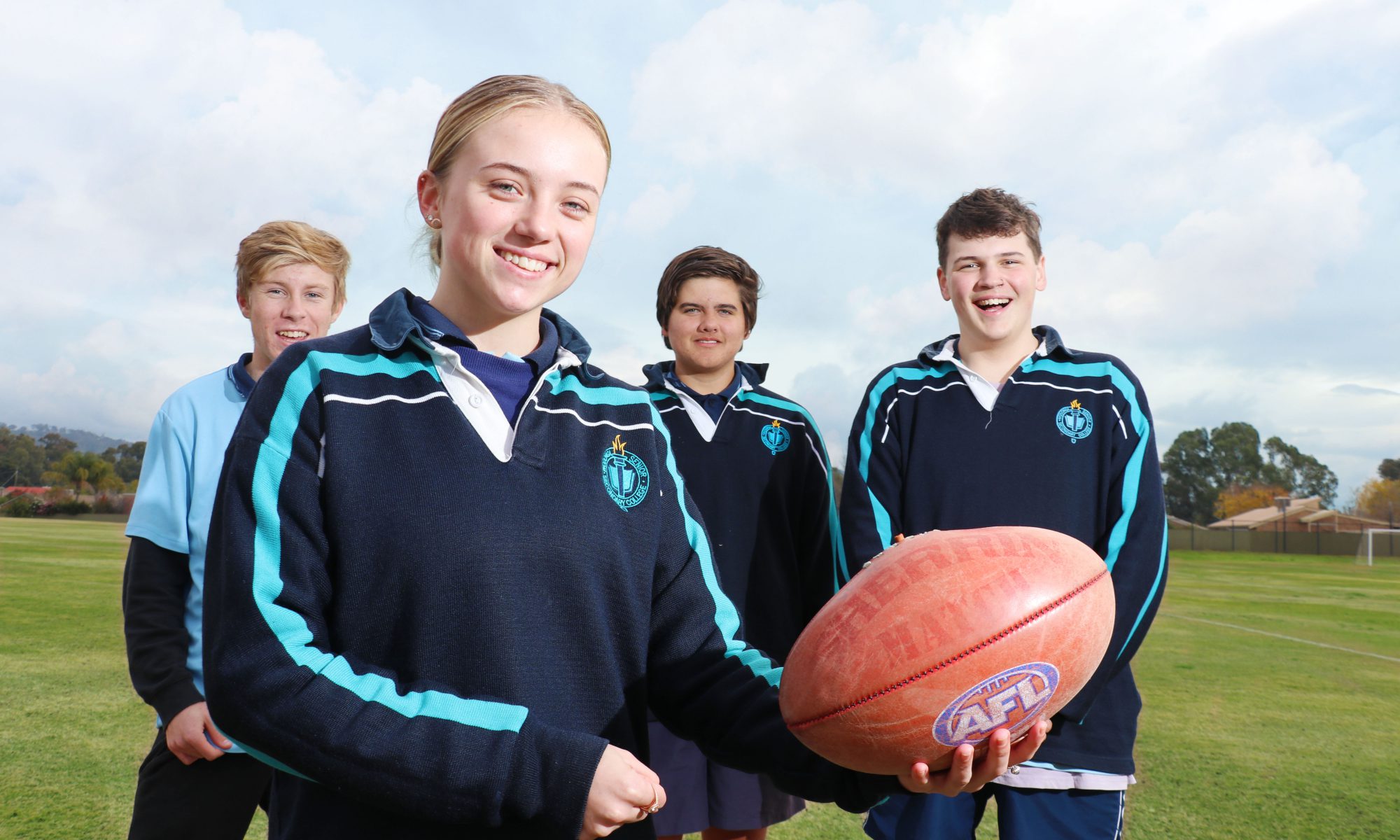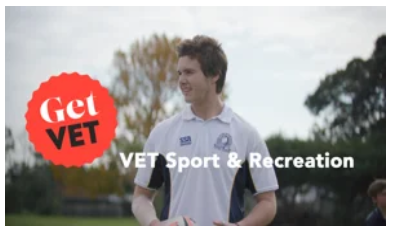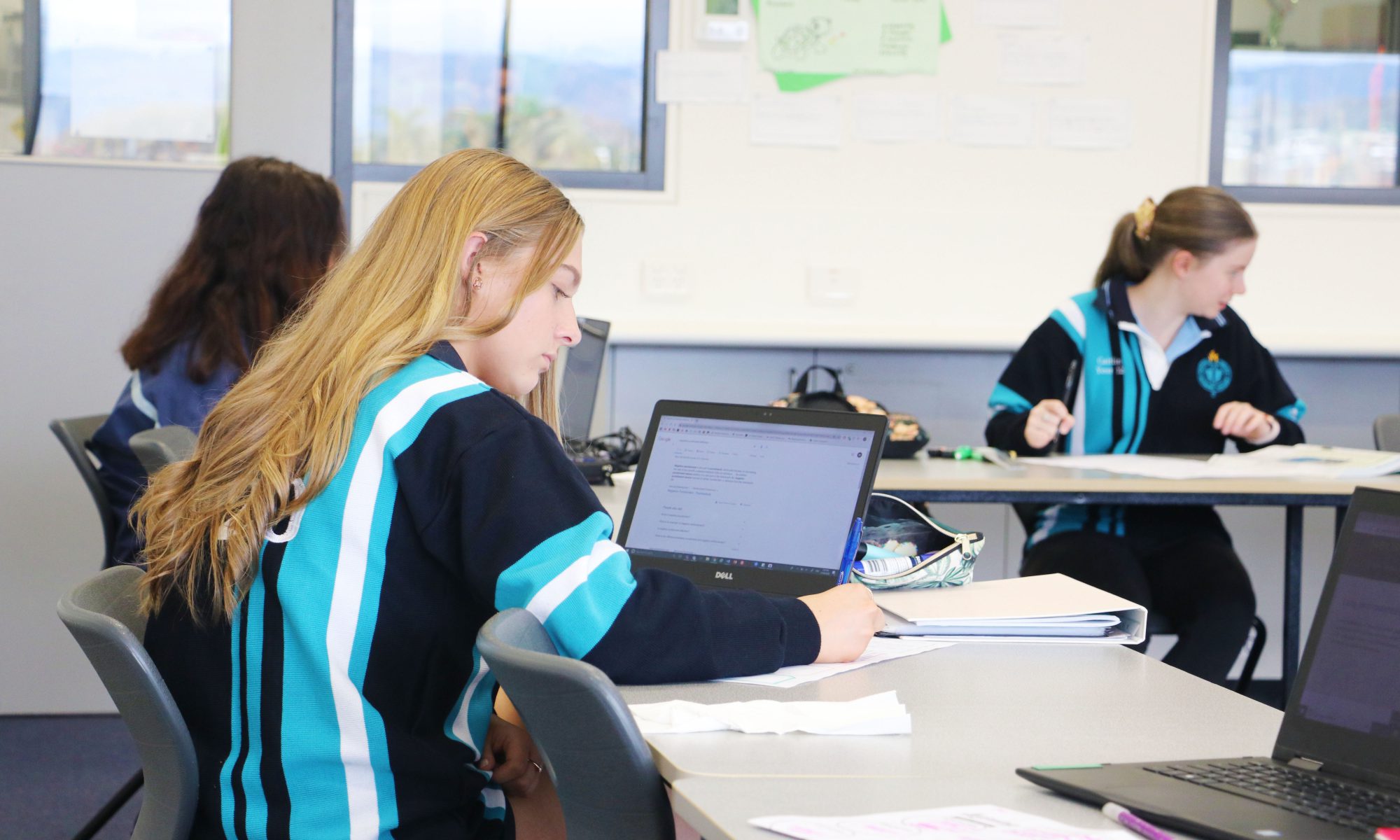Theatre Studies
Course Summary
Are you interested in theatre, performing or designing? Interested in art, fashion, technology, making, history and culture? In Theatre Studies, you will interpret scripts from the past and produce theatre for audiences. You will look at the history of theatre and its influence on cultures and societies. You will be able to explore the production roles of actor, designer or director. Designers work across costume, set, props, sound, lighting, hair and makeup. Actors and directors focus on psychology, motivation, voice, physicality and audience interaction.
VCE: Unit 1, Unit 2 and Unit 3 & 4 sequence available
Learning Activities & Assessment
- Interpret a script across two production roles and present performance
- Explain how a script could be interpreted for performance
- View and evaluate professional productions
Classroom Virtual Tour
Quick Links
Approximate Costs
Unit 1 & 2
Unit 3 & 4
Learning Area Contact
Arts Learning Area Leader
